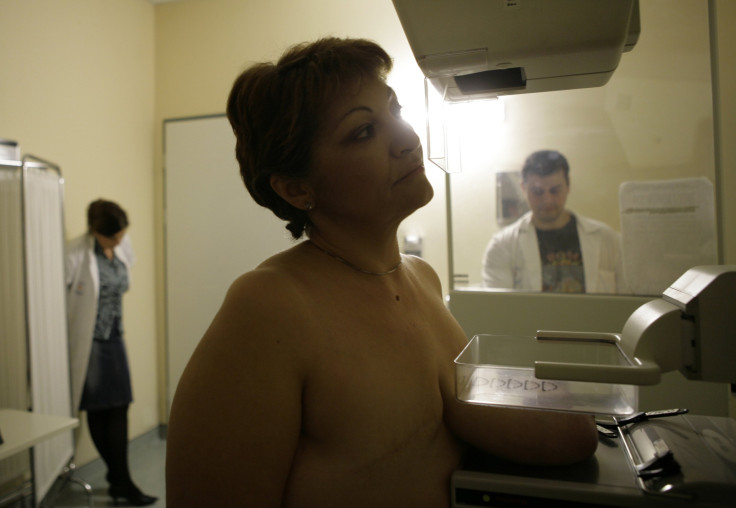AIHW gives hope to millions of women through BreastScreen Australia

About 1.4 million women, aged 50-69, had a screening mammogram through BreastScreen Australia in 2012-2013 and 2013-2014, says a report released by the Australian Institute of Health and Welfare, or AIHW. More than 55 percent women had participated in it, said the BreastScreen Australia monitoring report 2012-2013.
Even though the participation was about 55 percent and consistent from 2012-2013 to 2013-2014, there were variations in the participation rates among particular groups of women. Justin Harvey, AIHW spokesperson said, 'Participation of Aboriginal and Torres Strait Islander women was significantly lower than for other women in the target group-36 percent in 2012-2013.’
With most of the groups participated, ranging between 52 and 56 percent, there was little variation in participation across socio-economic groups. By areas, the participation rate was 47 percent in very remote areas, about 53 percent in the major cities and 59 percent in the outer regional areas, which is the highest in comparison to the other two.
About 12 percent of women who screened for the first time and 4 percent of them attending subsequent screens were recalled for further tests in 2013. The data, according to the AIHW report, states that more than half the cancers that were detected by BreastScreen Australia are small. This is considered to be good news as small breast cancers are likely to be associated with more treatment options as well as improved survival.
In 2012, 1,126 women, who were aged 50-69, died from breast cancer. That is equivalent to 44 deaths per 100,000 women. Even though the earlier reports use the target age group of 50-69, from July 1, 2013, BreastScreen Australia has expanded the target group of women from 50 to 74 years. In the future, the reports will also provide statistics on this expanded target group.
Through early intervention, BreastScreen Australia aims to reduce illness and deaths from breast cancer through an early detection of unsuspected breast cancer. For Australian women, breast cancer is one of the common types of cancer. It is the second-most common cause of cancer-related death for Australian women, said the report.
Set up by the Australian Government to provide regular, reliable and relevant information and statistics on Australia's health and welfare; AIHW is a major national agency and is currently helping pregnant women with ice addiction as well, said ABC news report.
Contact the writer at feedback@ibtimes.com.au or tell us what you think below





















